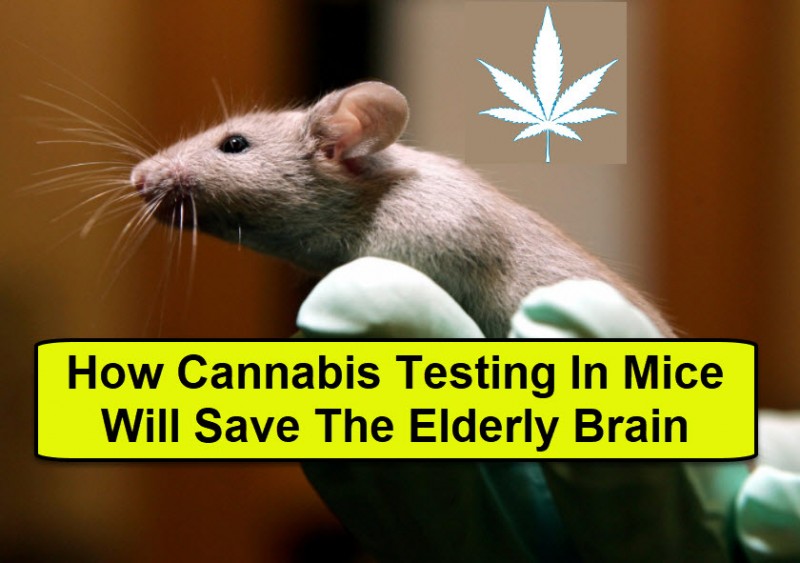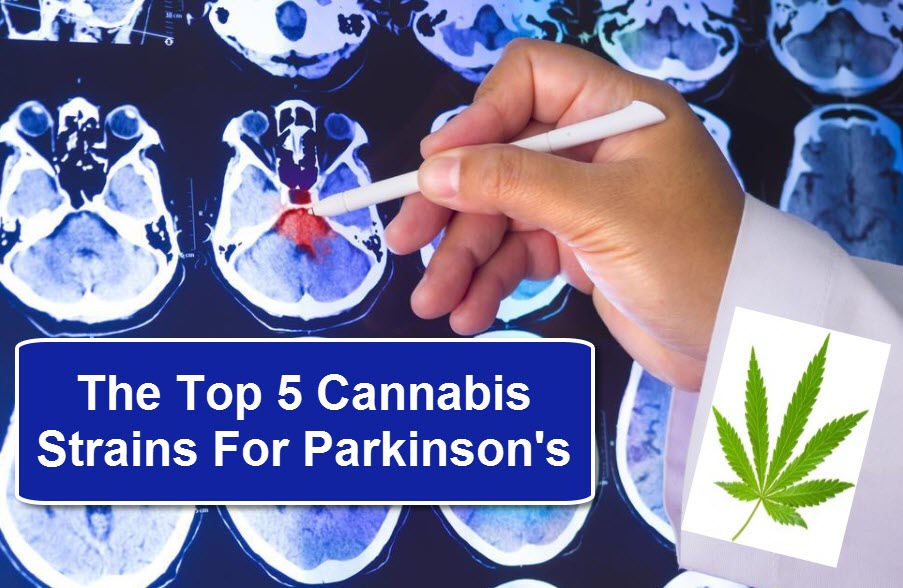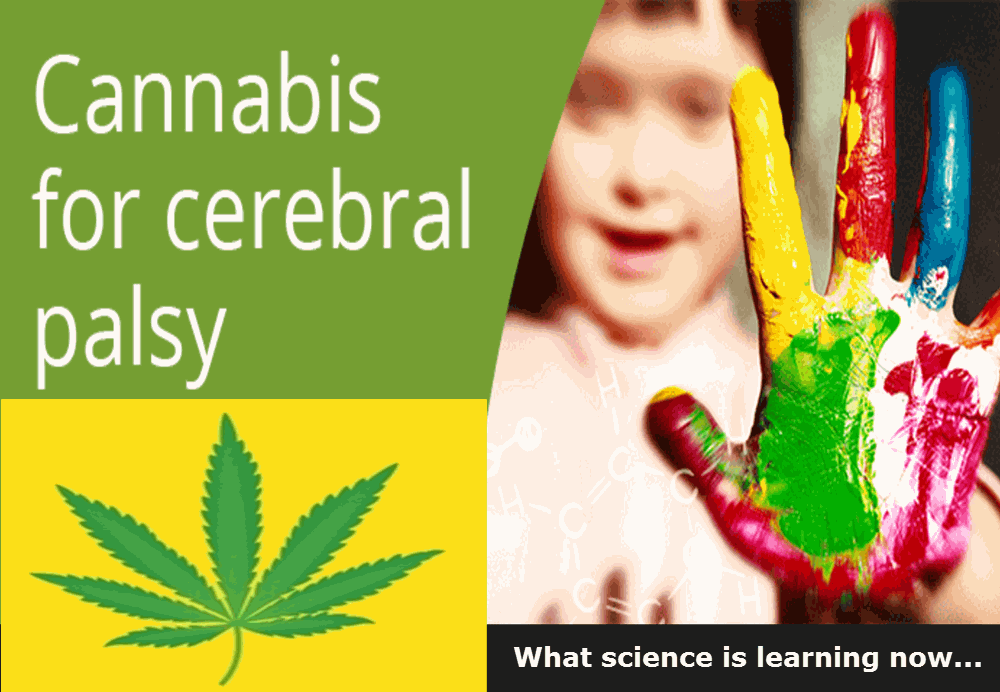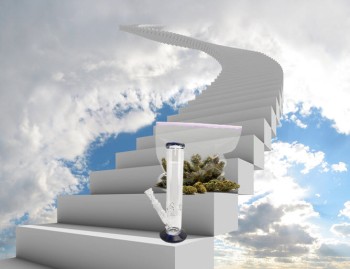Of Mice and Marijuana – Cannabis could improve cognitive functionality in the elderly
How Testing Cannabis on the Brains in Mice May Save Human Brains from CannabisNet on Vimeo.
As it turns out, the stereotype of the stoner is not as accurate as Uncle Sam would like you to believe. We’ve all seen the PSAs, talking about lazy stoners who melt into couches and what not. Some new research, recently published in Nature Medicine, suggests that the exact opposite is true…for mice…which are old.
The research was conducted at the University of Bonn in Germany and led by Andreas Zimmer who gave low doses of THC to mice of all ages. The idea was to see whether or not cannabis effected the mice differently depending on their ages, and the results were quite interesting.
The Experiment
The experiment was quite complex. The mice were placed in a water maze where they had to find a “safe platform”. The groups of mice first did it without THC in their system and then with. As mentioned, they were also separated into age groups.
When there was no THC present, the young mice ‘out performed’ the elderly mice which was no shocker. However, when THC was introduced, the younger mice performed poorer and took longer to learn where the safe platform was and had a harder time to recognize other mice they had been previously exposed to.
When the elderly mice received THC, they suddenly performed better. The researchers noted that they performed so well they resembled the group of young mice without THC in their systems.
The researchers then examined the brains of the mice to see what the neurological effects were and discovered that neurons in the hippocampus sprouted more synaptic spines. The hippocampus is the area in the brain responsible for learning and memory.
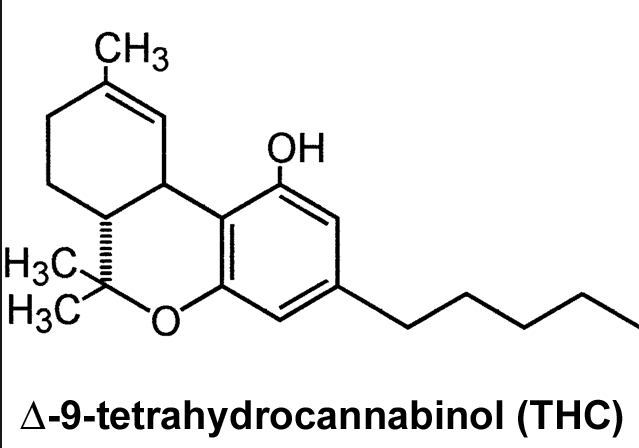
In fact, Zimmer found that the old mice who received THC was more similar to the young mice post receiving the substance.
“That is something we absolutely did not expect: the old animals [that received] THC looked most similar to the young, untreated control mice,” Zimmer says. – Scientific American
The Significance
While this experiment by no means proves that this is the same for humans, it does provide significant insight into how cannabinoids interact with the brain and more importantly, the brains of the elderly.
The endocannabinoid system evolves as we age. When we become teens, there is an explosion of receptors and enzymes and from then on it’s on a decline.
Since cannabinoids mimic our natural endogenous cannabinoids, it could be that the introduction of external cannabinoids can reactivate the endocannabinoid system. Yes, it’s a mouthful but this could very likely be the reason why Parkinson’s sufferers and those afflicted with other neurodegenerative disorders respond so well to cannabis.
According to Ryan McLaughlin, a researcher who studies cannabis and stress at Washington State University, “We know the endogenous cannabinoid system’s primary function is to try to preserve homeostasis within a given brain circuit. It works like an internal regulator; when there’s too much [neuronal] activity, cannabinoids suppress activity to prevent neurotoxicity.”
Perhaps, introducing external cannabinoids is a way of jumpstarting a decaying system meant to preserve homeostasis within the brain. In other words, as we age we might require more external cannabinoids in our diets to preserve our health.
Of course, this is merely the speculation at this point and would require more in-depth study, however we know for a fact that people with neurodegenerative diseases respond well to cannabis. And the conclusion between one point and one finding seems to be logical. However, let’s not go around and tout that cannabis is the miracle brain cure that will renew an old brain until there is actual scientific evidence to support it.
What can we take away from this study?
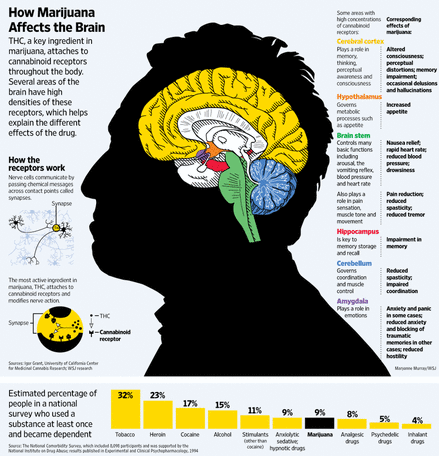
The first point we need to understand is that the endocannabinoid system ages and becomes ‘less effective’ over time. Thus, introducing cannabinoids into your diet, whether through non-psychoactive edibles/juices or smoking it can help to maintain it as you age.

Secondly, the reason teens get ‘higher’ than older smokers, is due to the fact that they have an explosion of enzymes and receptors through adolescence. It makes so much so sense to me now.

Finally, despite the fact that this experiment was conducted on mice, this does provide theoretical insight into how cannabis can help us and can you imagine what would happen if we actually spent real money on researching cannabis.
For the past 80 years we have been told how bad cannabis is for us. Government sponsored studies only sought to find the ‘negative impact’ of cannabis on us all, however there was a mountain of beneficial elements to be found.
Now that the interest of cannabis is entering into the scientific community, we can expect more findings to arise. I have been researching cannabis for nearly 17 years now and am fascinated by the fact that every day I still continue to learn something new.
OTHER STORIES YOU MAY ENJOY...
CANNABIS STRAINS FOR PARKINSON'S DISEASE, CLICK HERE.
OR...
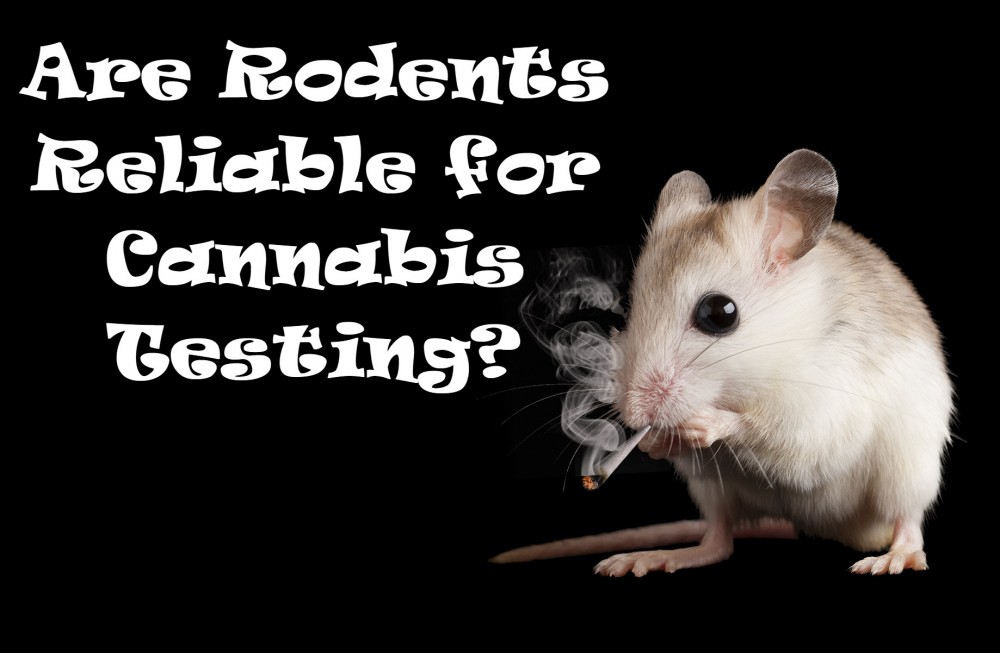
IS MARIJUANA TESTING ON MICE REALLY ACURATE, CLICK HERE.
OR...
CANNABIS FOR CEREBRAL PALSY, CLICK HERE.

